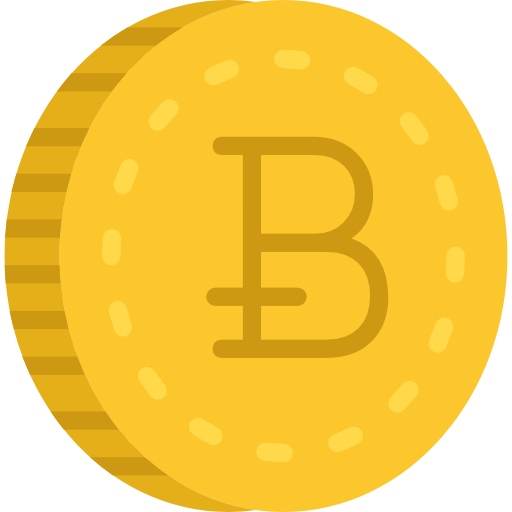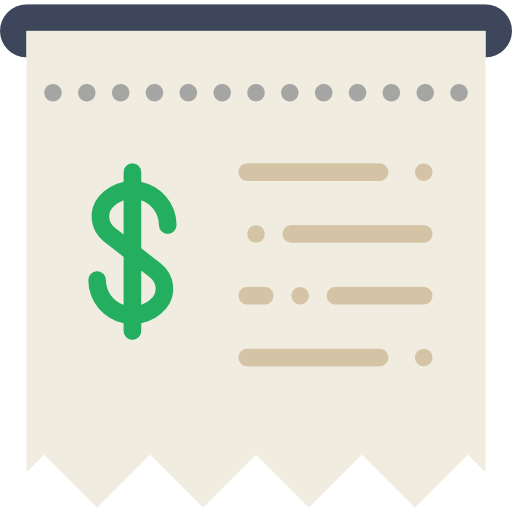Risk Taking Behaviours
University can introduce you to a lot of seemingly unmissable opportunities. But without proper precautions, these risk-taking behaviours can quickly lead to issues with your financial or personal safety.



Gambling and Gaming
Gaming has completely changed in the last 10 years. From a private hobby, to a social and competitive experience that is recognised around the world. The University of Warwick even has its own E-sports centre that hosts regular tournaments and themed gaming nights. Gaming has become a large part of the student experience for many, with the opportunity to meet and game with a whole new group of people.
However, there are risks if gaming becomes more than just a way to socialise and relax.
Gaming disorder is a real risk and can be debilitating to your mental health. It is easy to let a gaming habit get out of control, Now that you're responsible for your own time, you don't have anyone to remind you to take a break. Feelings of social isolation and a heavy hit to your academic performance are just some of the reported effects of gaming addiction.
The introduction of Loot boxes and microtransactions means that gaming can also lead to financial harm. Small impulse purchases can quickly add up, with games designed to get you to spend as much as possible, playing on people's desire to win, or just fear of missing out.
In this way, gaming has come a lot closer to gambling, with gamers risking money on the chance they might get to win the rarest items, while gambling has become far more easily accessible with the rise of online casinos and betting sites.
Research from the Young Gamers & Gamblers Education Trust in 2019 found that around half of all students had gambled in the last year, and 8% of those had already experienced harm related to their gambling. Many students gave the reason for their gambling as trying to win money to support their studies. With the increased costs of living hitting students hard, advertising and influencers can make gambling seem like a quick and easy way to make up the difference, but things rarely work as advertised.
If you see any of the below signs of harm in you or a friend, then it's time to reach out for help. Call the National Gambling Helpline on 0808 8020 133 for free and confidential information, advice, and support, 24 hours a day.
- Preoccupation with gambling
- Missing lectures/ missing coursework deadline
- Withdrawal from social/friendship
- Secrecy
- Changes in mood/behaviour
- Gambling until you have nothing left
- Chasing losses
- Borrowing money
- Unexplained debt/ new or extra money/possessions
- Feeling anxious and worried
For more information, the Young Gamers & Gambler Education Trust has a great website:
Cryptocurrency
Everyone has heard of Bitcoin and those that made millions in its early days, but what is cryptocurrency, and is it safe?
Cryptocurrencies are digital decentralised currencies, meaning that they are not issued or governed by a central bank. This means that governments have no control over the supply of cryptocurrency, as they do with traditional currencies. There is a large number of cryptocurrencies out there. Some like Bitcoin are aiming to become the new world currency, promising secure and easy payments to anyone, anywhere in the world. While others, such as OneCoin, turned out to be a fraudulent cryptocurrency Ponzi scheme, taking advantage of the hype that surrounded crypto when it was launched in 2014.
In essence though, cryptocurrency is an investment, and currently a risky one. Value can fluctuate wildly compared to central bank-controlled currencies, and you can end up losing money as often as you make anything.
The cryptocurrency markets themselves are also rife with scams. As it is still so new and little understood, scams are easy to fall for. Scammers can sell fake crypto wallets, trick you into transferring them your crypto before sending payment, or trick you into buying fake crypto from fraudulent websites. So just like any investment, it's important to do your research and stick to reputable and known websites whenever you are transferring money online.
If you are still interested in cryptocurrency, then start with this article from the Financial Conduct Authority, on how to spot the signs and manage your FOMO when investing.
Still interested? Then Save the Student has written this brilliant article on all the ins and outs of Bitcoin, as well as a practical guide on how to buy it.



Personal Safety
We've said a lot about keeping your money safe, but it's also important to keep yourself safe too.
If you've managed to get a part-time job, check out this great advice from ACAS on your rights in the workplace. Your personal safety should always be the priority of your employer, and ACAS has some great advice for where to turn if that's not the case.
For keeping yourself safe when you're out and about, Warwick's Community Safety Team has put together some great tips on their webpage and is available 24 hours a day, 365 days a year on campus if you need help. Call them on 024 7652 2083.
A final tip is to register your valuables on the National Property Register called Immobilise. It's free to do, and only takes a few minutes, but greatly increases the chances of getting your valuables returned if lost or stolen. You can register anything from smartphones and laptops, to bicycles and musical instruments. Visit the Immobilise website to get started!
Consumer Safety
You can buy absolutely anything online nowadays. But whether it's "new to you" clothes from Facebook marketplace, or the latest must-have item being advertised through Instagram, it's important to know your consumer rights and how to protect yourself when buying online.
When buying 2nd hand, it is common to meet in person to complete the sale. Keep your personal safety in mind on a meet. Don't share unnecessary personal information, meet in daylight in public whenever possible, and always share your meetup plan with a friend or family member. Both Gumtree and Facebook marketplace have created guides to help you stay safe, see them linked below:
Does something look too good to be true? Then it most likely isn't.
Fake products are everywhere online, as well as scams where the promised product might never have existed at all. But there are ways to protect yourself. Check out this great article from Citizens Advice, which has some great tips for recognising a scam, and instructions on what to do next when you think you've spotted one. Or if you think you have received a fake item, Which has written this guide, that takes you through all the steps from how to check if it is a fake, to reporting, it to getting a refund.
Finally, wherever you are shopping online, it's important to know your consumer rights! For example, did you know that almost all goods and services you buy online are subject to a 14-day cooling-off period where you can change your mind? Or what fees do you now need to pay when ordering from the EU? Which has you covered. Explore their guides to discover your consumer rights and how to exercise them if you have a problem with an online order.


The Student Funding Support Team is here to help. Contact us by email (studentfunding@warwick.ac.ukLink opens in a new window), phone (024 7615 0096), or in person at the Wellbeing Reception in Senate House (10am-3pm Monday-Friday).
